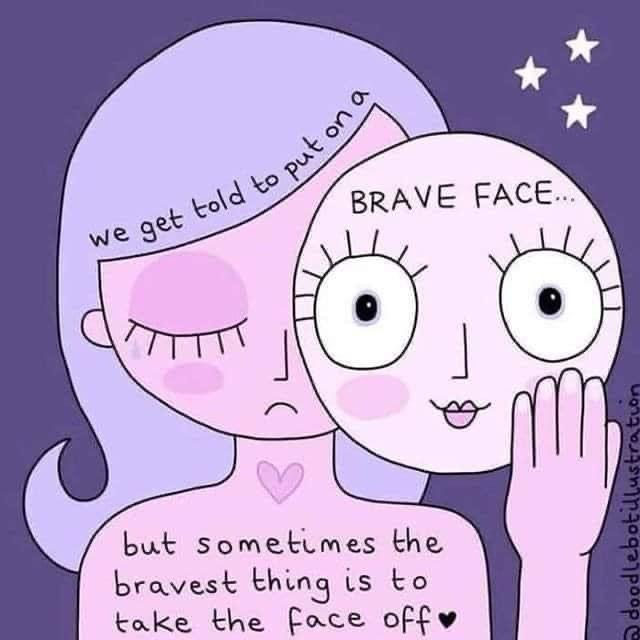Early Career

Individuals who select their work based on their values, rather than passions, have been found to be more successful as:
- Passions fizzle out quickly.
- Values are relatively stable, especially when things are not going well.
- You can always make changes towards projects you are passionate about while pursuing work within your value system.
This does not mean everyone pursues working for NGOs. For example, the same job working at a top tier financial firm can be valued for different people because:
- The position aligns with their notion of success.
- It is how they feel they can support and bring honour to their family best.
Accelerate Your Growth
1. Bringing Solutions, Not Just Problems (Huynh 2025)
Junior Behavior: “The client is unhappy with our proposal. What should I do?”
Senior Behavior: “The client expressed concerns about our timeline and budget. I’ve prepared three alternatives that address their concerns while protecting our other projects in-flight. Here’s a quick analysis of each option, and my recommendation. I’d like your input before I respond to them.”
Read the rest of the explanation here
2. Status Broadcasting vs. Status Reporting (Huynh 2025)
Junior Behavior: “Yes, I’m still working on the checkout feature. It should be done by next week.”
Senior Behavior: “I’ve completed the first three milestones on the checkout feature. We’re on track for Friday’s deadline, but I’ve identified a potential integration issue with the payment gateway that might cause a delay. I’ve already reached out to the payments team, and we’ve scheduled time tomorrow to resolve it.”
Read the rest of the explanation here
3. Upleveling Others vs. Self-Centered (Huynh 2025)
Junior Behavior: “I figured out how to navigate our complex data architecture to get the insights I needed.”
Senior Behavior: “I created a guide to our data architecture with examples of common queries and pitfalls to avoid. I’m hosting a working session to walk through it and have already helped three team members implement it for their projects.”
Read the rest of the explanation here
4. Zooming Out to Business Context (Huynh 2025)
Junior Behavior: “This project will take about two weeks to complete.”
Senior Behavior:”I understand this project could increase customer satisfaction by 15%, which our data shows would lead to a 5% boost in retention. Given that potential impact, I recommend we prioritize it over the other items on our roadmap, which would have less direct impact on our key metrics.”
Read the rest of the explanation here
5. Embracing Ambiguity (Huynh 2025)
Junior Behavior: Paralyzed by unclear requirements; waits to proceed until given further instructions.
Senior Behavior: “… recognize that perfect clarity is rare and know how to make effective progress despite ambiguity.”
Read the rest of the explanation here
6. Taking Ownership of Career Growth (Huynh 2025)
Junior Behavior: “When will my manager give me bigger scoped work?”
Senior Behavior: “I’ve identified an area on my own where I can add significant value beyond my current responsibilities. Here’s my plan for taking this on while ensuring my primary work doesn’t suffer.”
Read the rest of the explanation here
7. Trading Perfectionism for Pragmatism (Huynh 2025)
Junior Behavior: “We need to completely refactor our codebase before adding any new features. It’s a total mess, and I want to make everything clean and elegant first.”
Senior Behavior: “I’ve identified the critical areas of technical debt in our codebase that are actively slowing us down. I’ve created a roadmap that lets us address these issues incrementally while continuing to deliver business value. We’ll improve the most problematic components first and gradually enhance the architecture over time.”
Read the rest of the explanation here
Creating Your Brand
Recession Graduates
The impact of graduating during an economic downturn can have long-term negative consequences on your socioeconomic status, health, and overall well-being.
If you’re a recession graduate, it’s important to be aware that you may face higher mortality rates in midlife, including a significantly increased risk of drug overdoses and what experts call “deaths of despair.”
While the exact causes of these effects are not fully understood, starting your career in a depressed labor market can potentially trap you in a downward economic spiral or lead to the adoption of unhealthy behaviors.
The good news is that public and private agencies have the potential to help mitigate these effects through targeted interventions that take into consideration the economic conditions you faced when entering the workforce.
This page is assisted, but not authored, by ChatGPT.
